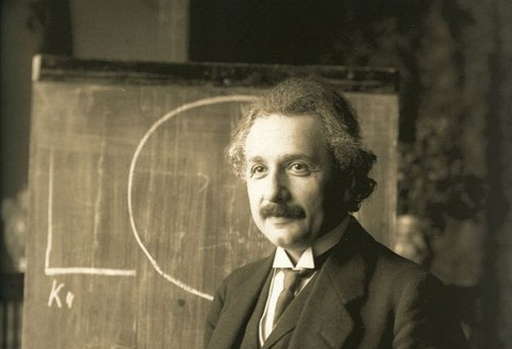In some popular imaginings, F. Scott Fitzgerald becomes so associated with the jazz age frivolity he keenly observed, and the social climbing of his best-known character, that much of his pre- and post-Gatsby writing gets occluded. While Fitzgerald may have been an alcoholic spendthrift who preferred the finer things and those who wore them, he was also a very disciplined and serious writer, especially of short stories, which were his sole source of income throughout much of the ‘20s. Fitzgerald’s desperately prolific output in the form means that there are a few hastily-composed pieces, some lightweight, whimsical fantasies, but all of the work is beautifully written and a joy to read.
The fantasies (which include the now-famous “The Curious Case of Benjamin Button”) reveal quite a bit about Fitzgerald’s preoccupation with artifice. He was a very well-read, if not particularly deep, thinker who approached literature through fairy tales—Orientalist fables, adventure stories, Edmund Spencer’s allegories—and his early stories mix a boyish imagination with the feigned worldliness of a Princeton undergraduate. The most substantial of those early stories “May Day,” almost a novella, opens in a post-World War One New York City described as a fairy kingdom in the throes of market-madness:
So gaily and noisily were the peace and prosperity impending hymned by the scribes and poets of the conquering people that more and more spenders had gathered from the provinces to drink the wine of excitement, and faster and faster did the merchants dispose of their trinkets and slippers until they sent up a mighty cry for more trinkets and more slippers in order that they might give in barter what was demanded of them. Some even of them flung up their hands helplessly, shouting:
“Alas! I have no more slippers! and alas! I have no more trinkets! May heaven help me for I know not what I shall do!”
This excerpt from the opening section of “May Day” reads like Hans Christian Andersen, but with the sly satirical undertone of one of Oscar Wilde’s children’s stories. The story then shifts to a realist mode, introducing the familiar Fitzgerald themes of extravagant wealth and privilege—and their precarious nature. Some of the characters embodying these traits, a group of Yale graduates, soon show the moral failings exemplified by Gatsby’s Buchanans: callous indifference to the needs of others and vain self-regard.
The main plot of “May Day” goes to a very dark place, dealing with the kind of upper-class despair Bret Easton Ellis trades in, with a doomed main character quite obviously a stand-in for Fitzgerald himself. A somewhat clumsy subplot reaches at times for a comic foil but also sounds a grim note. The story—with its almost vicious depiction of class division—is a minor work with major ambition and a complex interweaving of Fitzgerald’s major themes.
“May Day”—first published in The Smart Set magazine in 1920 and later appearing in the collection Tales of the Jazz Age—draws from events of the Cleveland May Day riots of 1919 and some New York experiences in Fitzgerald’s life. Once asked, however, if the story was autobiographical, the author replied, “there are no good biographies of novelists because they are so many people.”
You can encounter all of the various people Fitzgerald carried within him in the stories and novels we’ve gathered in our collections of Free eBooks and Free Audio Books. (Find them below.) And to learn more about Fitzgerald, in relation to two other 20th-century American masters, you might want to check out Wai Chee Dimock’s Open Yale online course, “Hemingway, Fitzgerald, Faulkner,” available on YouTube and iTunes. It otherwise appears in our collection of 700 Free Courses Online.
eBooks
- Collected Stories
- All the Sad Young Men
- Flappers and Philosophers
- Tales of the Jazz Age
- Taps at Reveille
- Tender is the Night
- The Beautiful and Damned
- The Curious Case of Benjamin Button
- The Great Gatsby
- This Side of Paradise
Audio
- Flappers and Philosophers
- The Curious Case of Benjamin Button
- Tales of the Jazz Age
- The Great Gatsby
- This Side of Paradise
Related Content:
Seven Tips From F. Scott Fitzgerald on How to Write Fiction
F. Scott Fitzgerald in Drag (1916)
Ernest Hemingway to F. Scott Fitzgerald: “Kiss My Ass”
Josh Jones is a writer and musician based in Washington, DC. Follow him at @jdmagness


